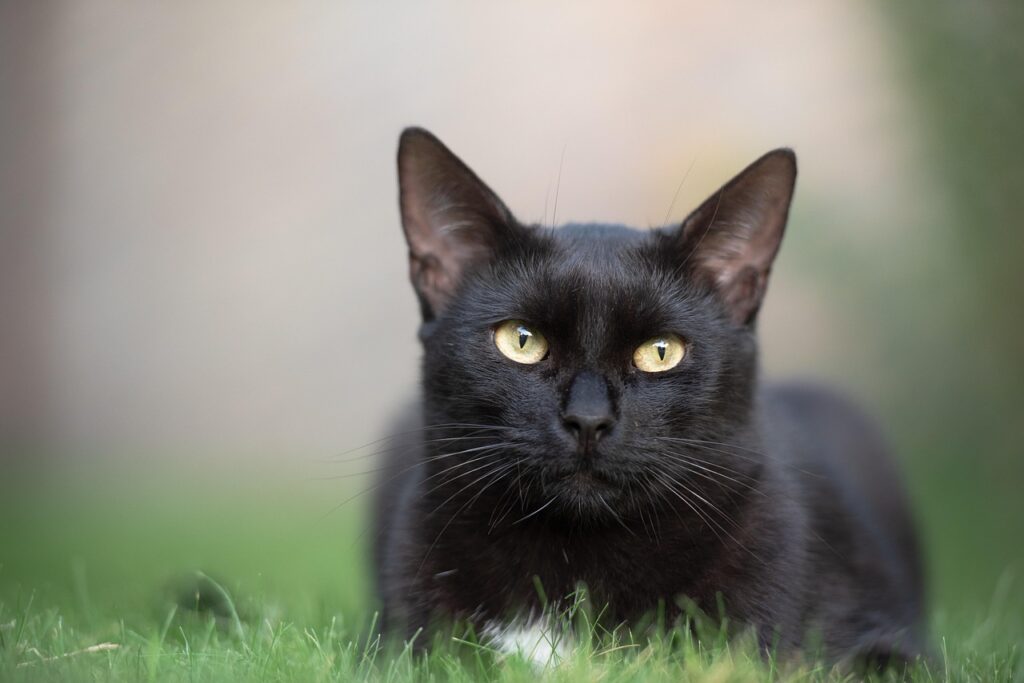Can Cats Eat Marshmallows? – No, They Can’t
When it comes to marshmallows, the simplest answer for cat owners is a definitive no. Marshmallows are not only nutritionally void for felines, but their sugar content and certain ingredients can be detrimental to a cat’s well-being. Despite their soft and tempting texture, these treats are designed for human enjoyment and fail to cater to the dietary needs of cats.
Is It Safe for Kittens to Consume Marshmallows?
Kittens especially should not consume marshmallows. Their developing digestive systems are delicate, and the high sugar content and potential additives in marshmallows could lead to long-term health issues and immediate digestive discomfort.
Risks Associated with Feeding Marshmallows to Kittens
Feeding kittens marshmallows may not only cause an upset stomach but can also lead to more severe conditions such as diabetes and obesity due to the high caloric content. Moreover, artificial sweeteners found in some sugar-free marshmallows, like xylitol, can be highly toxic to kittens.
Why Marshmallows are Not Recommended for Cats
Choking Hazard
Marshmallows pose a significant choking risk to cats. Their sticky and expansive nature can cause obstruction in a cat’s throat or intestines, which could be life-threatening if not immediately addressed.
Sugar and Caloric Content
The excessive sugar and caloric content in marshmallows offer no nutritional benefit to cats and contribute to weight gain and obesity. Cats require a protein-rich diet, and sugary treats can seriously disrupt their nutritional balance.
Presence of Xylitol
Xylitol, commonly found in sugar-free marshmallows, is extremely toxic to cats. It can lead to a sudden and dangerous drop in blood sugar levels, seizures, liver failure, or even death.
Known Health Issues in Cats from Consuming Marshmallows
Consumption of marshmallows can result in gastrointestinal distress for cats, including symptoms like vomiting and diarrhea. Over time, the intake of sugary treats such as marshmallows can cause more severe health issues like dental problems, diabetes, and obesity.
What to Do If a Cat Has Consumed Marshmallows?
- Immediate Observation: Keep a close eye on the cat for any signs of choking or distress, and be prepared to contact a veterinarian urgently if necessary.
- Consult a Veterinarian: If the cat displays any adverse symptoms like vomiting, lethargy, or changes in behavior, seek immediate veterinary assistance.
- Prevent Future Access: Ensure marshmallows and similar treats are kept out of reach to prevent future occurrences and protect your cat’s health.
Safe Alternatives to Marshmallows for Cats
Rather than giving cats marshmallows, owners should consider safe and nutritious alternatives like catnip, specially-formulated cat treats that are designed to support a feline’s health, or small bits of cooked meat without any added seasoning or sauces.
Conclusion
To summarize, marshmallows are not a safe treat for cats or kittens and provide no nutritional benefit. It’s imperative to steer clear of giving sugary treats to pets and to focus on providing a diet that ensures their optimal health and well-being. As responsible pet owners, it’s our duty to protect our feline friends from harmful foods and to make choices that promote their longevity and happiness.



